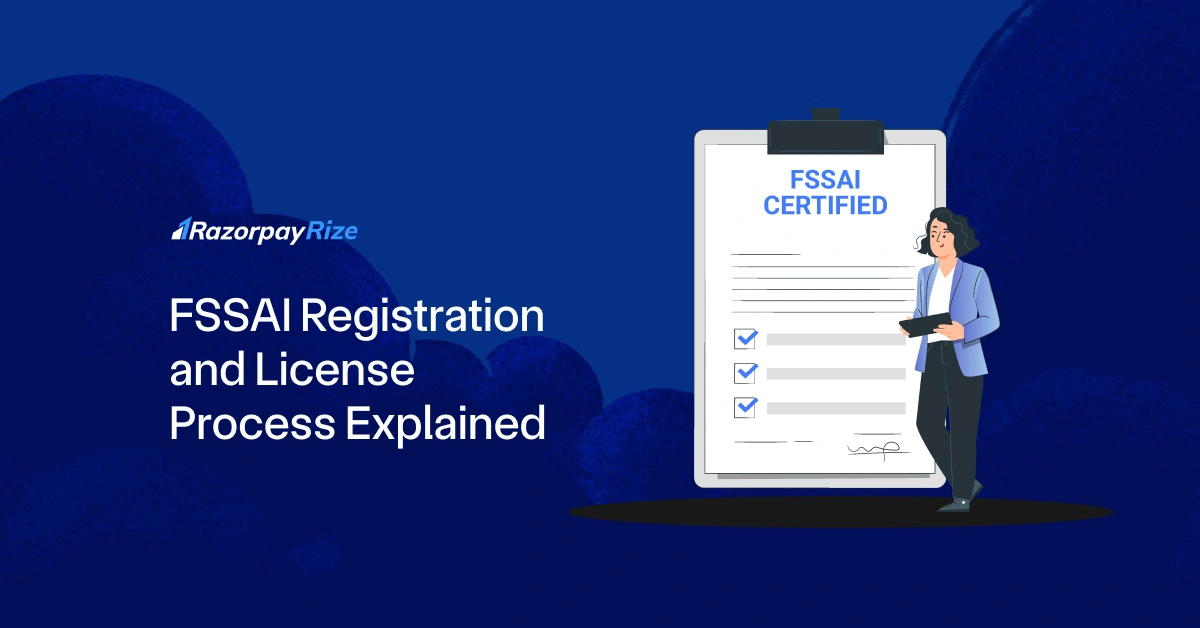The National Initiative for Developing and Harnessing Innovations (NIDHI) is a comprehensive program created by the Department of Science & Technology, Government of India, through its Innovation & Entrepreneurship division. It fosters the transformation of ideas and innovations, particularly those rooted in knowledge and technology, into thriving startup ventures.
NIDHI-Seed Support System is an initiative of the National Science & Technology Entrepreneurship Development Board (NSTEDB), Department of Science & Technology. aims to bridge a significant gap in financial support for technology-driven startups in their early stages.
The core concept of seed support revolves around offering financial aid to budding startups with promising ideas, innovations, and technologies. It strives to provide financial assistance to startups for proving their concept, developing prototypes, conducting product trials, entering the market, and commercializing their innovations.
Table of Contents
Components of NIDHI Scheme
The key components of NIDHI are:
1. NIDHI-GCC
Grand Challenges and Competitions for scouting innovations;
2. NIDHI-PRomotion and Acceleration of Young and Aspiring technology entrepreneurs (NIDHI-PRAYAS)
Support from Idea to Prototype
3. NIDHI- Entrepreneur In Residence (NIDHI-EIR)
Support system to reduce risk
4. Startup-NIDHI through Innovation and Entrepreneurship Development Centres (IEDCs)
To encourage students to promote start-ups in Institutions
5. Start-up Centre in collaboration with MHRD
To drive entrepreneurship and innovation in National Institutions of Higher Learning
6. NIDHI-Technology Business Incubator (TBI)
To help convert Innovations into startups
7. NIDHI-Accelerator
Fast-tracking a start-up through focused intervention
8. NIDHI-Seed Support System (NIDHI-SSS)
To provide early-stage investment
9. NIDHI Centres of Excellence (NIDHI-CoE)
A World-class facility to help startups go global
Focus Areas of NIDHI-SSS
Technology-based product proposals in sectors such as agriculture, healthcare, manufacturing, engineering, IoT, biotechnology, medical devices, water, waste management, energy, climate tech, fintech etc.
Eligibility of NIDHI-SSS
- Must be a registered company in India with a minimum of three months of residency at the Science and Technology Entrepreneurs' Park (STEP) / Technology Business Incubators (TBIs).
- Must be an Indian start-up.
- Must have Indian promoters holding the shares of at least 51% in the incubated startup.
Please note: This assistance is not intended for Indian subsidiaries of multinational corporations or foreign companies. However, individuals holding Overseas Citizens of India (OCI) or Persons of Indian Origin (PIO) status will be treated as Indian citizens under this scheme.
Application procedure for Startups
- Website and newspaper ads are posted to signal the availability of seed support at specific incubator organizations.
- Social media posts announce the call for applications.
- Applicants are shortlisted based on eligibility criteria.
- The NIDHI-SSMC makes decisions regarding the shortlisted applicants.
- Selected applicants are chosen for funding.
Benefits of NIDHI-SSS
Seed support of up to INR 100 Lakhs with average financial seed funding ranging from INR 25 Lakhs.
Other assistance areas include:
- Product development
- Testing and trials
- Test Marketing
- Mentoring
- Professional Consultancy
- IPR issues
- Manpower for day-to-day operations
Frequently Asked Questions
Private Limited Company
(Pvt. Ltd.)
- Service-based businesses
- Businesses looking to issue shares
- Businesses seeking investment through equity-based funding
Limited Liability Partnership
(LLP)
- Professional services
- Firms seeking any capital contribution from Partners
- Firms sharing resources with limited liability
One Person Company
(OPC)
- Freelancers, Small-scale businesses
- Businesses looking for minimal compliance
- Businesses looking for single-ownership
Private Limited Company
(Pvt. Ltd.)
- Service-based businesses
- Businesses looking to issue shares
- Businesses seeking investment through equity-based funding
One Person Company
(OPC)
- Freelancers, Small-scale businesses
- Businesses looking for minimal compliance
- Businesses looking for single-ownership
Private Limited Company
(Pvt. Ltd.)
- Service-based businesses
- Businesses looking to issue shares
- Businesses seeking investment through equity-based funding
Limited Liability Partnership
(LLP)
- Professional services
- Firms seeking any capital contribution from Partners
- Firms sharing resources with limited liability
Frequently Asked Questions
How does the application process for the NIDHI Seed Support Scheme work?
The application process involves submitting a detailed proposal outlining the startup's innovative idea, project plan, budgetary requirements, and expected outcomes. Shortlisted applicants may be required to undergo further evaluation and due diligence before final selection.
Is there a limit on the number of times a startup can apply for funding under the NIDHI Seed Support Scheme?
A startup supported once will not be eligible to apply for subsequent rounds of seed support to any STEP/TBIs.
What is the post-selection process of the NIDHI-SSS?
The post-selection process in the NIDHI Seed Support Scheme typically involves several steps aimed at facilitating the disbursement of funds and providing ongoing support to the selected startups.
After the seed support is recommended to an incubated startup, the terms of agreement with the incubated startup are framed by the STEP/TB, linking the progress milestones, monitoring norms, reasonable repayment, recovery provisions in case of loan, and terms of equity liquidation in case of equity holding by STEP/TBI.
















